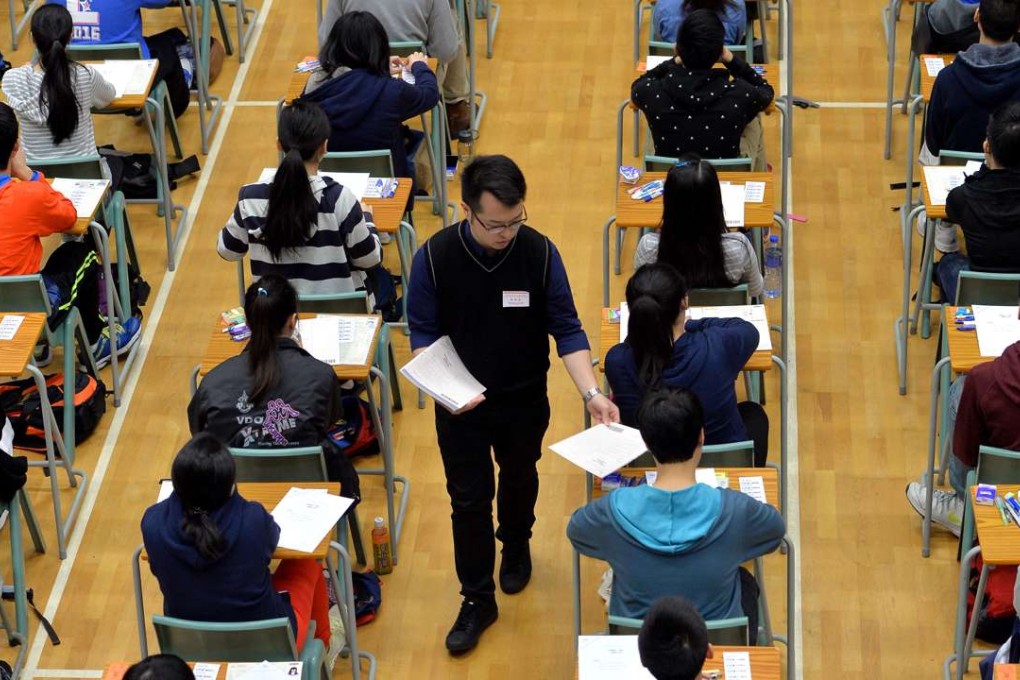Poignant suicide notes show how teens in Hong Kong are crumbling under the burden of expectations
Qijin Cheng and Paul Yip say it is time to reassess our value and school systems, as youngsters write about losing their sense of worth

In the past decade, suicide rates overall have been decreasing both in mainland China and Hong Kong. However, rates among young people have exhibited a different trend, especially among boys. Given that family size is shrinking and many have only one child, these tragedies can be devastating for the surviving members.
Students at breaking point: Hong Kong announces emergency measures after 22 suicides since the start of the academic year

To prevent student suicides, all of Hong Kong has to fight the battle – each and every day
A decade ago, suicide rates for women were higher than for men in rural areas of China, which was unusual compared with the rest of the world. Anthropologists found many rural suicides occurred after quarrels with family members. A theory was proposed that suicide was often seen as a way to leverage one’s power in family politics and to resist domestic injustice in rural China.
Some of our teenagers perceived love but the love was conditional on whether they could achieve academic success
However, when we reviewed local student suicide notes, we did not see such anger about being mistreated by family members. Rather, they often expressed appreciation for them. There were a few cases when the individuals indicated that their parents (mostly fathers) were very strict or even harsh; however, in their last messages, they wrote that they understood that their parents’ harshness was just because they cared about the family and their children.
This phenomenon is different from experiences in Western countries. According to the “interpersonal theory”, a popular hypothesis to explain suicide in the US, people kill themselves when they see themselves as a burden to others, and feel thwarted in their sense of belonging, that is, feelings of loving and being loved. Apparently, Hong Kong and mainland students who committed suicide did not lack feelings of loving and being loved. In contrast, their suicide notes revealed a striking love for family members and care from them.
So what went wrong? Unconditional and devoted love from family members is supposed to boost self-confidence and protect against adversities. That is why the shortage of love/belonging becomes a crucial risk factor for suicide in the US.
